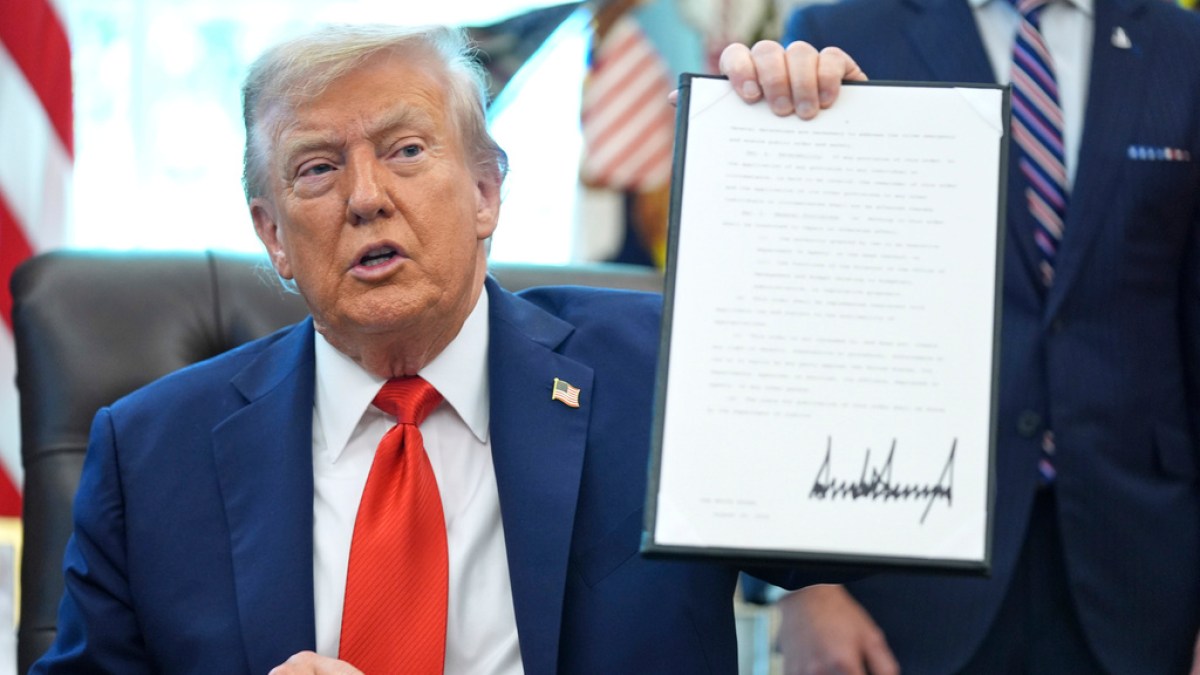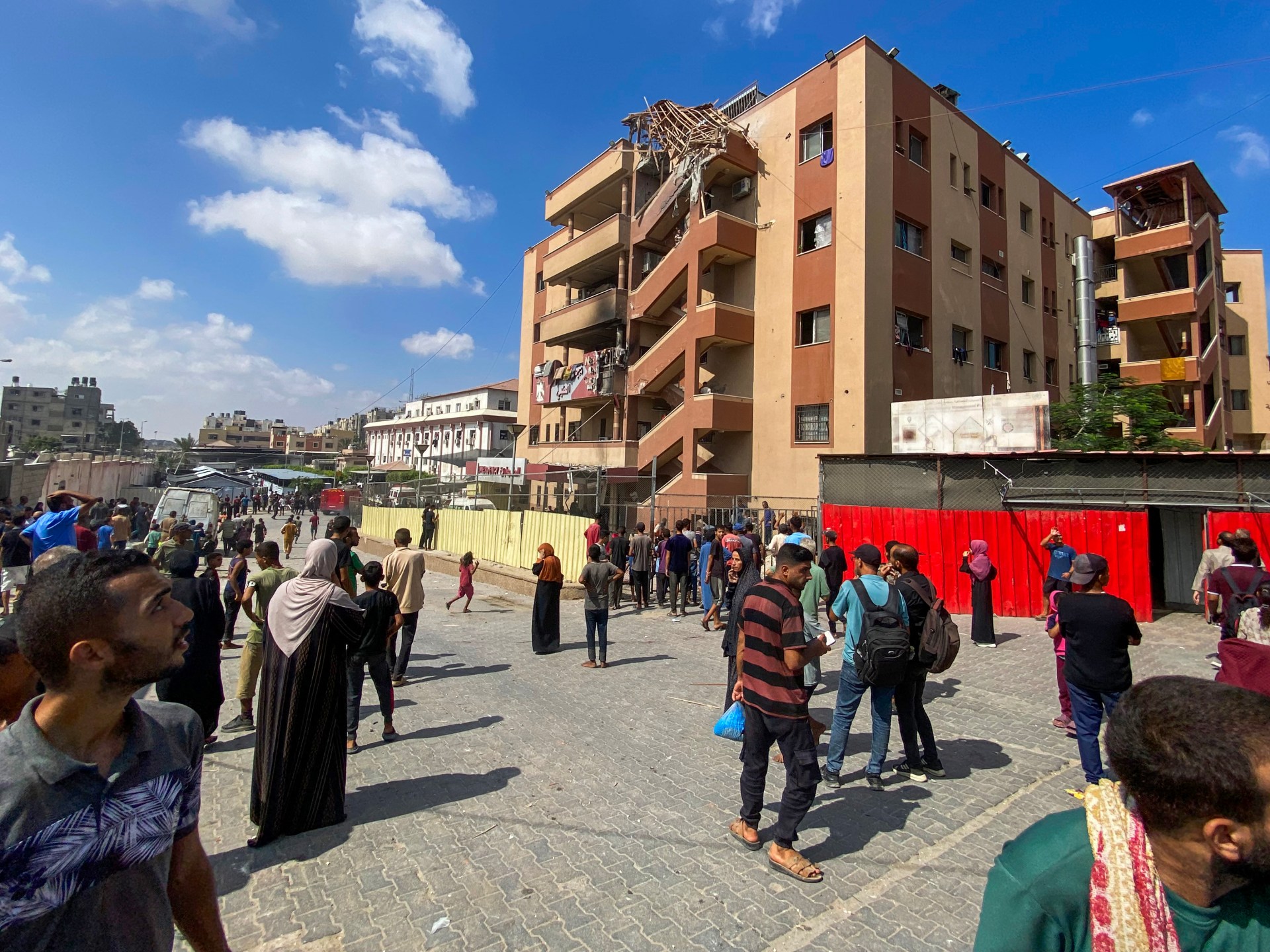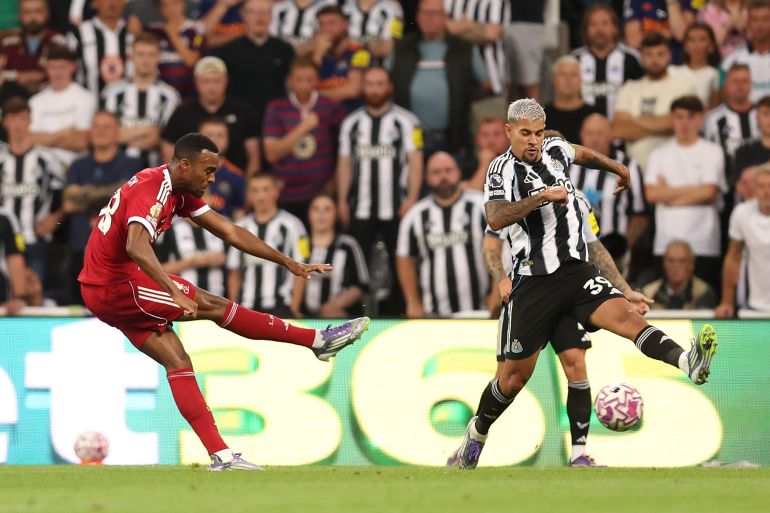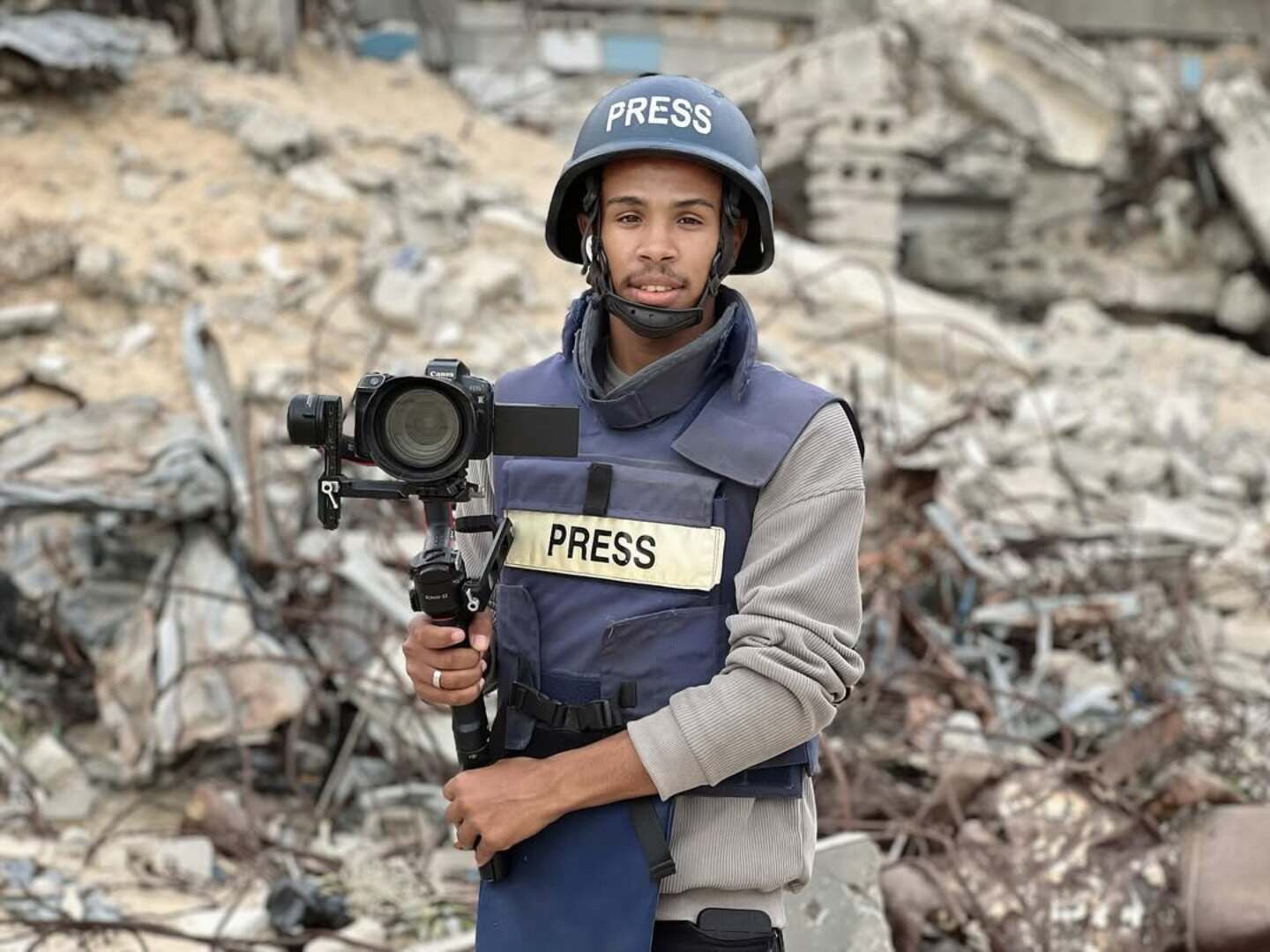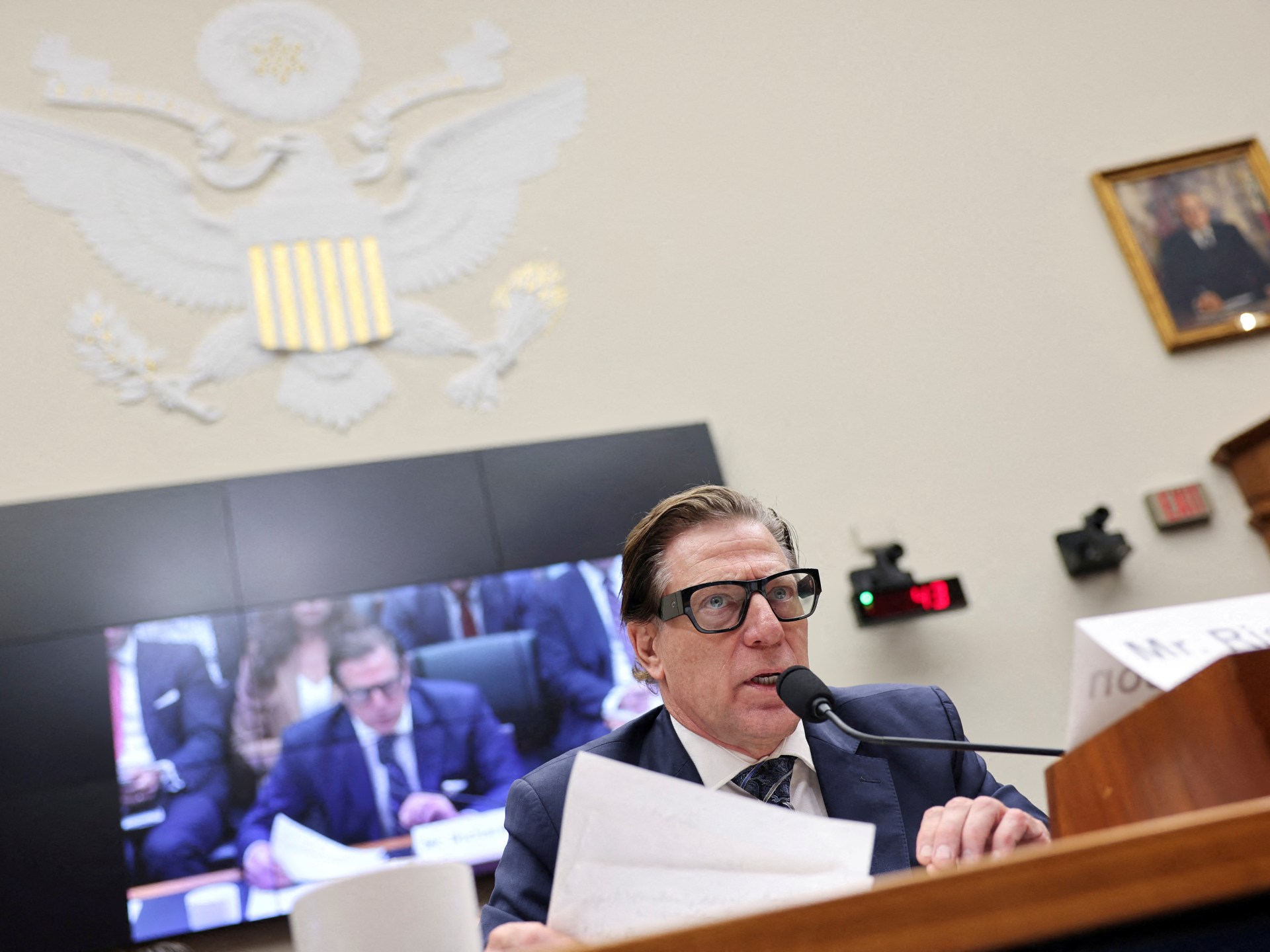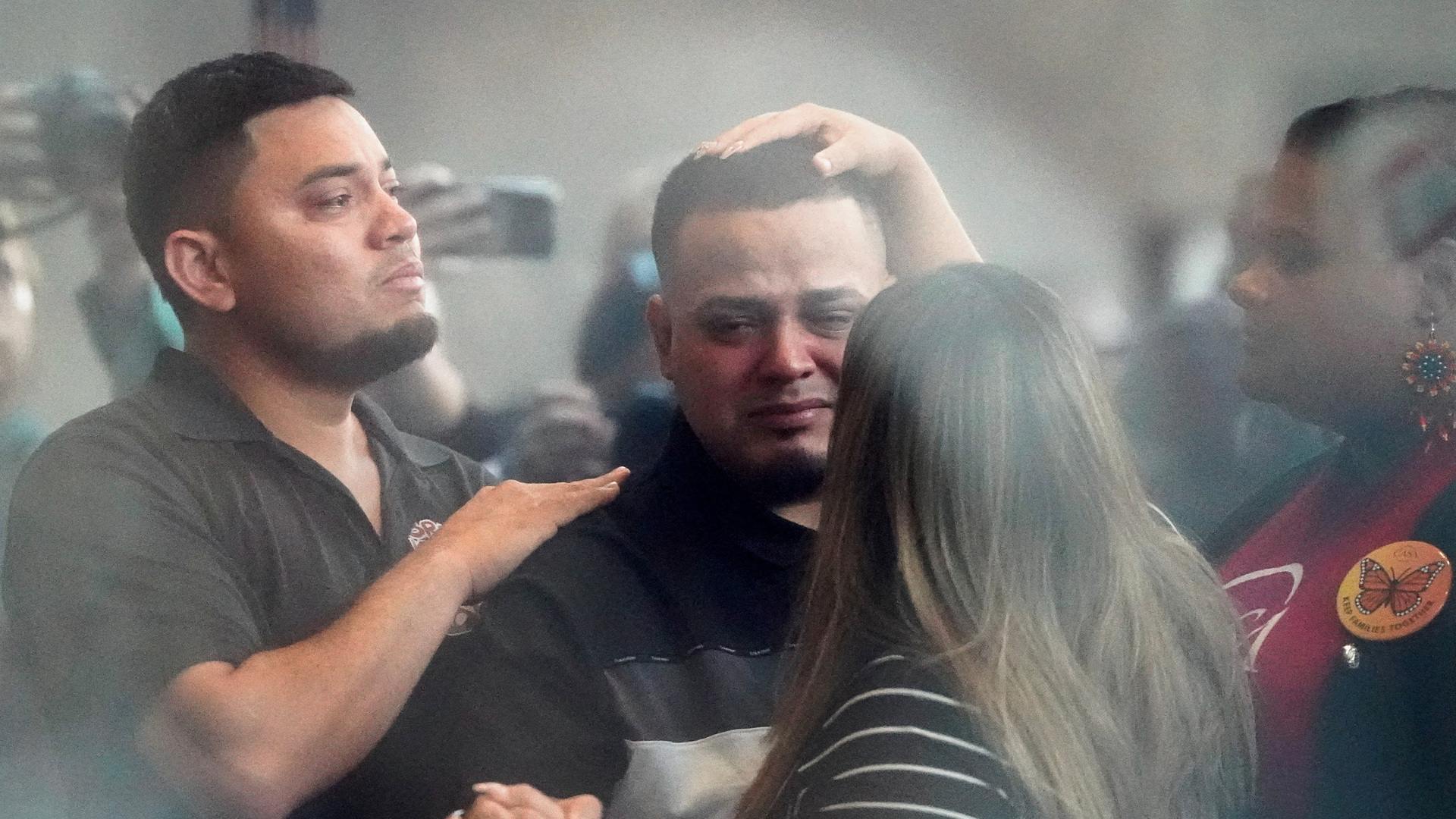At least 21 people have been killed by Israel’s deliberate attack on civilians and the besieged enclave’s devasted health system at Nasser Hospital in the south of the Gaza Strip, including five journalists and medical personnel.
One of the most deadly Israeli strikes that have targeted both hospitals and media workers over the course of the nearly two-year genocidal assault was Monday, which saw the deaths of journalists who worked for Al Jazeera, Reuters, Associated Press (AP) news agencies, and others.
Israel’s offensive expands to densely populated areas and urban centers, including Gaza City, increasing the population’s already high risk.
The first “double-tap” attack, which involves one strike before being followed by a second immediately, hit a hospital building on the top floor. A second projectile hit struck as journalists and rescuers in orange vests rushed up an external staircase, according to Dr. Ahmed al-Farra, the head of the paediatrics department.
Ahmed Abu Aziz, Moaz Abu Taha, Reuters cameraman Hussam al-Masri, Mariam Abu Daqqa, a freelance journalist at the time, and Mohammad Salama of Al Jazeera, among others.
According to Tareq Abu Azzoum of Al Jazeera, who is based out of Deir el-Balah, the attack “sent the entire area into an absolute sense of chaos and panic.”
According to Abu Azzoum, “not just for passers-by or people who live close to the hospital, but also for the patients themselves, who are receiving treatment in one of the areas that requires protection under international humanitarian law.”
Press freedom organizations and rights advocates, who were outraged over Israel’s repeated, targeted killings of Palestinian journalists in Gaza, received a wide condemnation of the attack.
The attack was described as “a clear intention to bury the truth,” according to Al Jazeera.
The attack was also decried by Francesca Albanese, the UN special rapporteur for the occupied Palestinian territory.
“Rescuers who were killed while serving.” Every single instance of this happening in Gaza is unusually untold and largely unreported, according to Albanese.
How much more must be observed before you take any action, I beg? Break the iceberg. Pose a Weapons Embargo. “Impose Sanctions”
Israel’s allies, including France, Germany, and the United Kingdom, have demanded an investigation.
Israel’s actions were also condemned by the Palestinian Journalists Syndicate, which argued that they were a “public war against free media” intended to terrorize journalists and prevent them from carrying out their professional responsibilities of exposing its crimes to the world.
According to an Al Jazeera report, the death toll of Palestinian journalists who have been killed in Gaza since October 7 has increased to at least 273 as a result of the attack.
The Committee to Protect Journalists demanded that “Israel be held accountable by the international community for its ongoing, unlawful press attacks.”
The military was looking into the incident, according to Israeli Prime Minister Benjamin Netanyahu’s office, and the strike was a “tragic mishap.” Israel has frequently made similar statements following events that sparked international outcry and calls for UN investigations, but it has never been held accountable for the perpetrators.
In a separate incident in Khan Younis later on Monday, Israeli forces also killed Palestinian correspondent Hassan Douhan, who was employed by the Al-Hayat al-Jadida publication. That death total now stands at six journalists killed that day.
In a strike, Israel killed prominent Al Jazeera correspondent Anas Al-Sharif and four other journalists two weeks ago. After publicly disparaging and demonizing Sharif for months before murdering him, Israel falsely claimed in that attack that he was a Hamas employee.
In addition to a crippling aid blockade, officials at Nasser Hospital have repeatedly noted critical shortages of supplies and staff. The main hospital in the enclave, al-Shifa Medical Complex, where hundreds have been killed by Israel, has also been attacked.
Enclave is stalked by death, desperation, and famine.
At least 61 people have died as a result of Israeli attacks on the famine-stricken territory since dawn on Monday, including seven who are desperately seeking help.
In Gaza City, where Israeli forces have increased their attacks in an effort to impose concentration camps southward on nearly 1 million Palestinians, tanks have advanced.
Since August 6, Israel has trapped hundreds under the rubble, according to Gaza’s Civil Defense, and numerous rescue and aid operations have been prevented by persistent shelling and access restrictions.
In addition to killing six aid workers trying to reach a distribution point in central Gaza, according to the al-Awda Hospital, 15 other people were hurt by Israeli gunfire.
As they try to secure the meager aid packages at the contentious Israeli and US-backed GHF sites, Israeli forces have been regularly opening fire on hungry Palestinians.
More than 2, 000 Palestinians have died and 13, 500 have been injured while attempting to get aid, according to the Gaza-based Ministry of Health, at distribution centers or along convoy routes used by the UN and other aid organizations.
Six Palestinians, including a child, were killed in two Israeli strikes in central Gaza, according to Al-Awda, while three Palestinians, including a child, were also killed there, according to al-Shifa Hospital in Gaza City.
The UN issues constant warnings that children in Gaza are more likely to be malnourished, despite the UN’s ongoing attacks.
The UN’s humanitarian office (OCHA) has renewed calls for Gaza’s unrestricted flow of aid.
“With the governorate of Gaza experiencing famine conditions, children are suffering more and getting worse,” said OCHA.
“Partners working on nutrition point out that children who have underlying health conditions are first affected by a food crisis, and without proper nutrition, water, and care, their condition worsens more quickly.
The magnitude and severity of the situation, according to Chris McIntosh, Oxfam’s humanitarian response adviser in Gaza, are unprecedented.
Although it’s difficult to avoid using superlatives in this context, he said, “This is by far the worst crisis I’ve ever been a part of,” he said.
In the interim, US President Donald Trump has predicted that the conflict in Gaza might come to an “conclusive end” in less than two to three weeks. Similar claims have quickly fallen victim to the same fate as Washington’s steadfast military and diplomatic support for Israel’s genocidal war.
